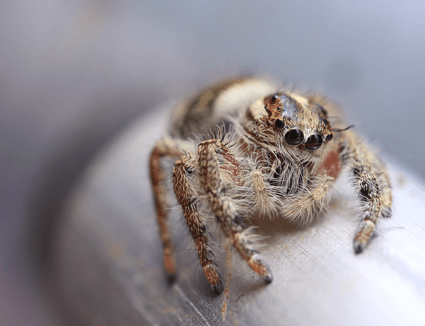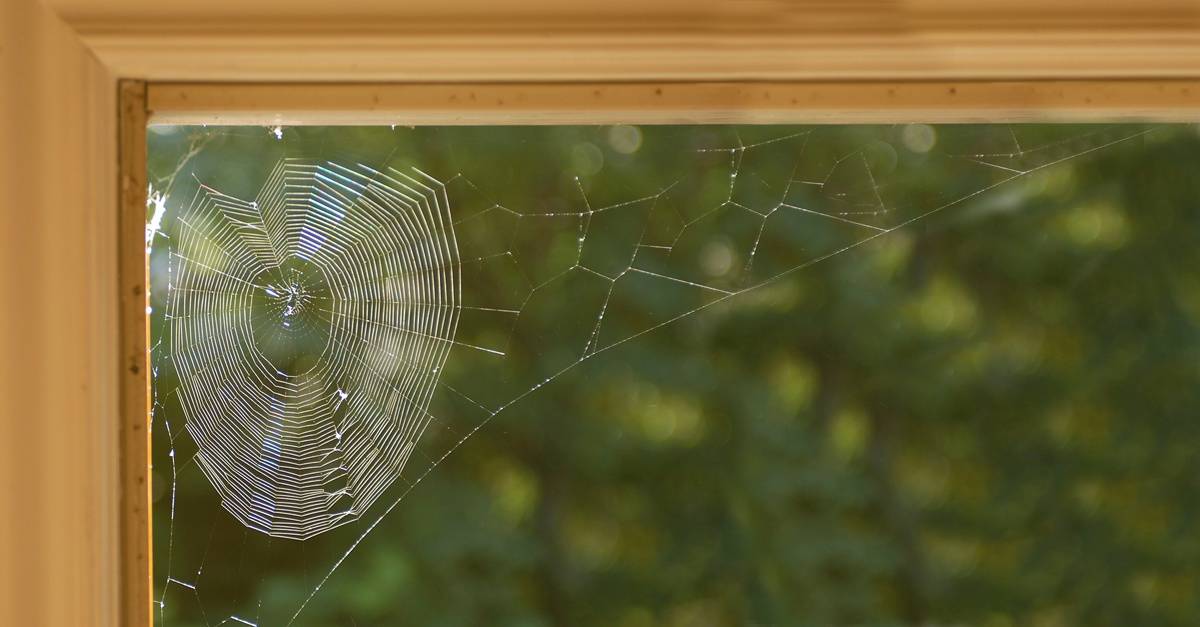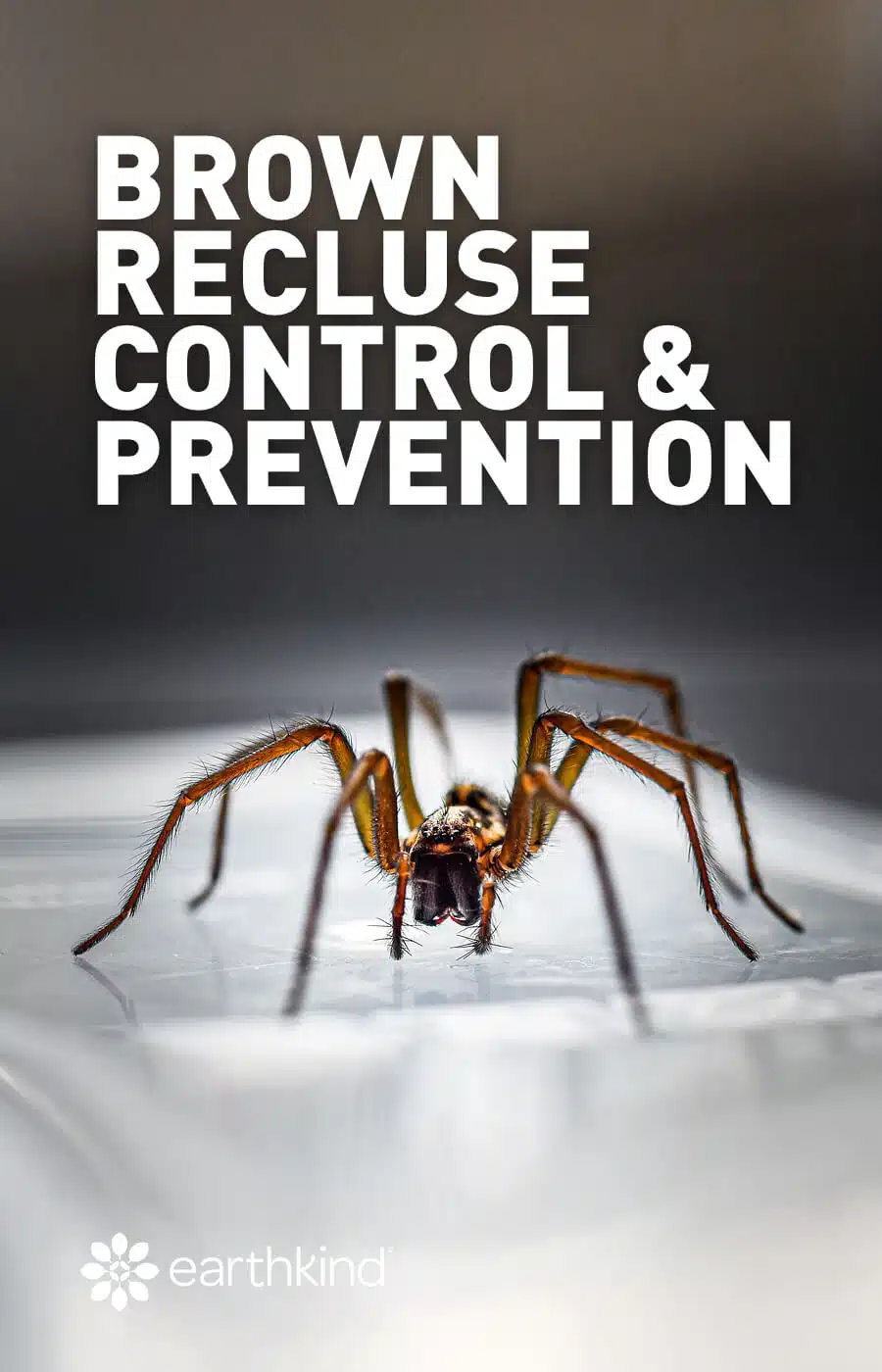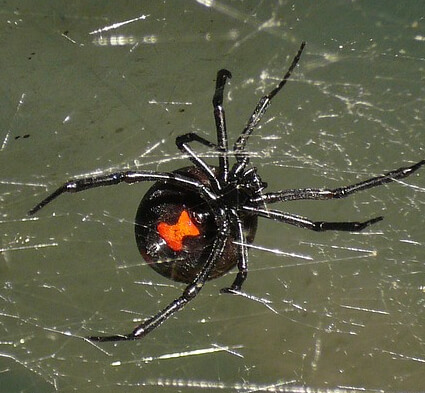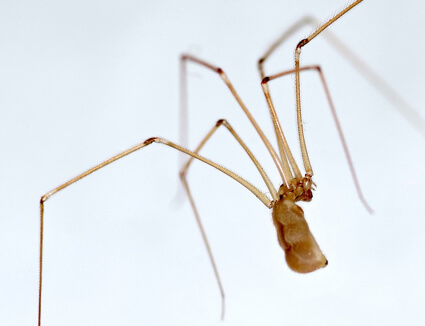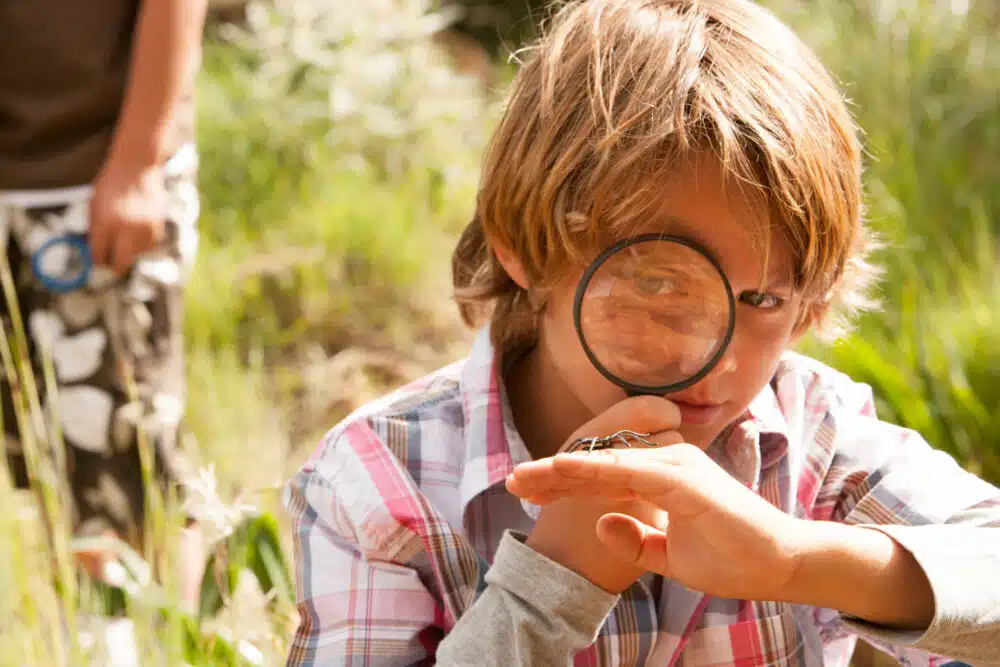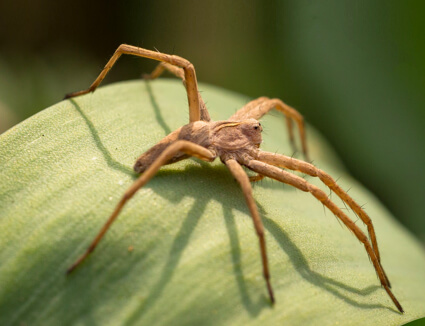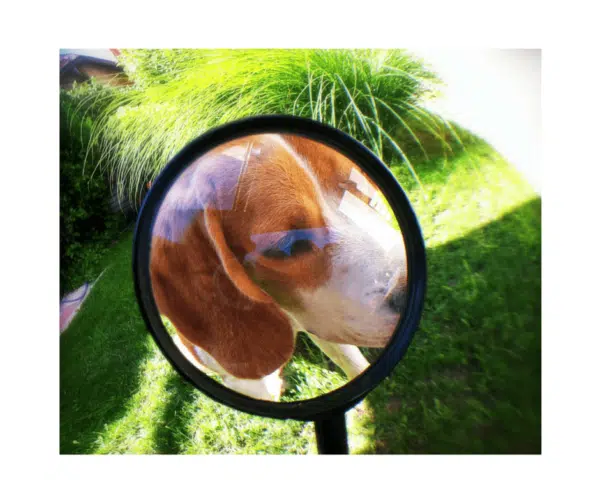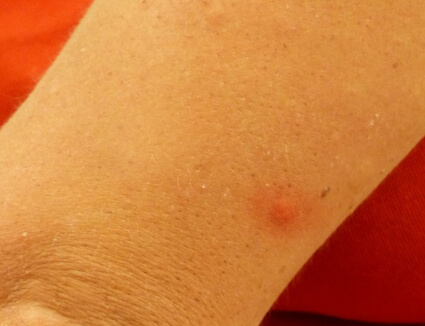
Do House Spiders Bite? Identification, Symptoms & Treatment
Yes, many types of spiders do have the ability to bite humans. Many bites will cause minor irritation, but in some cases, they can lead to severe pain and reaction. How many times have you noticed a red bump on your skin and assumed it was a spider bite without knowing where it came from? […]






